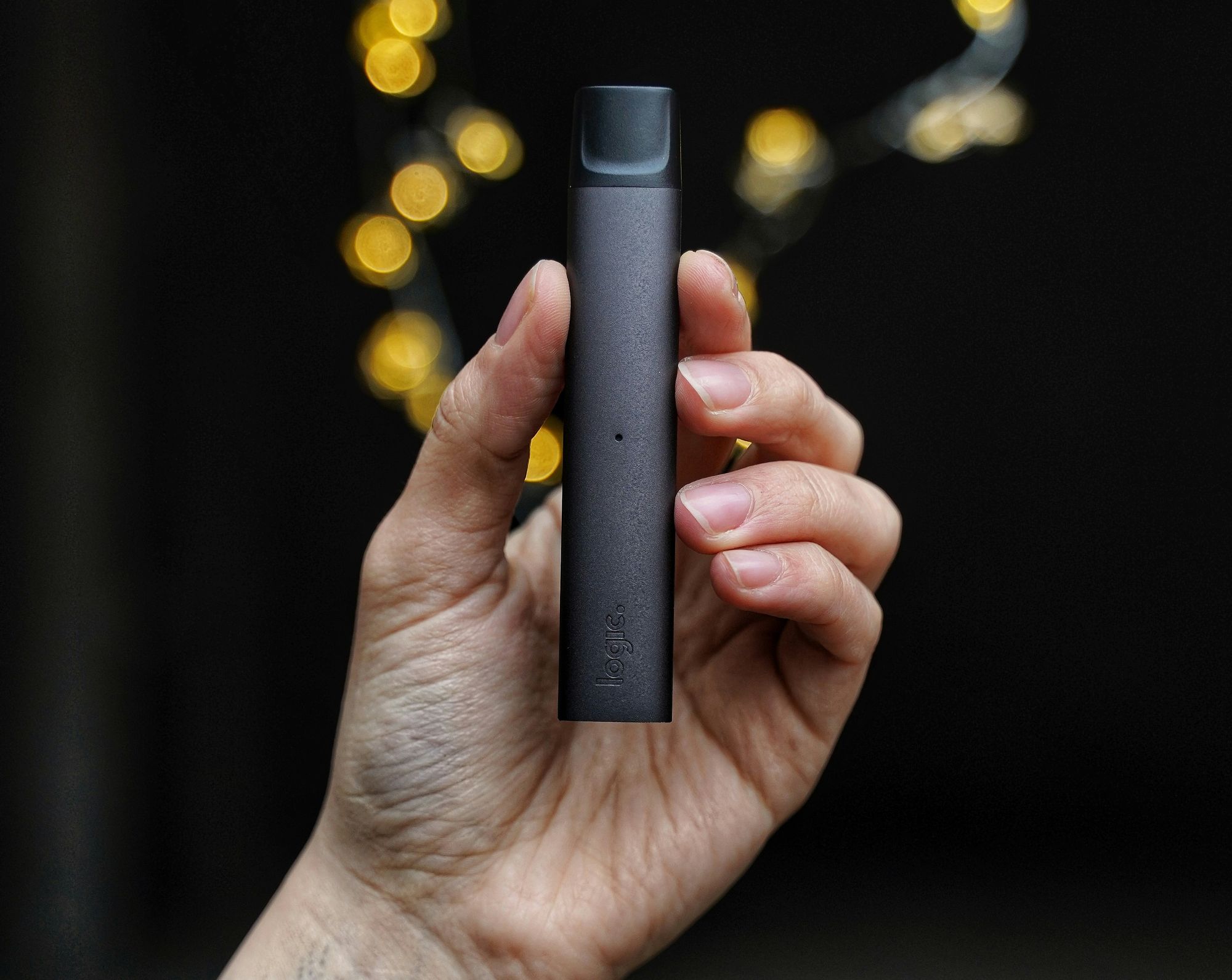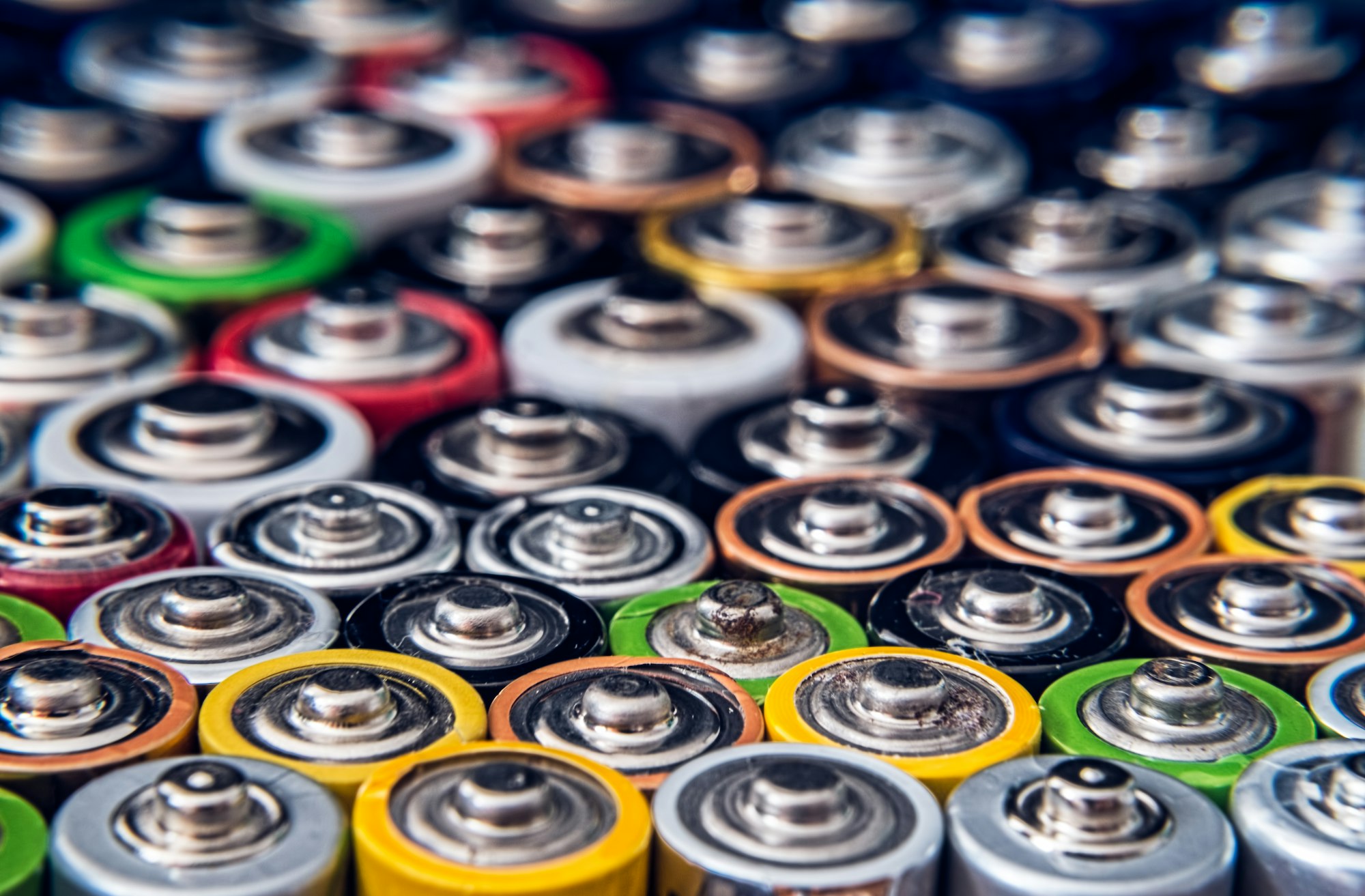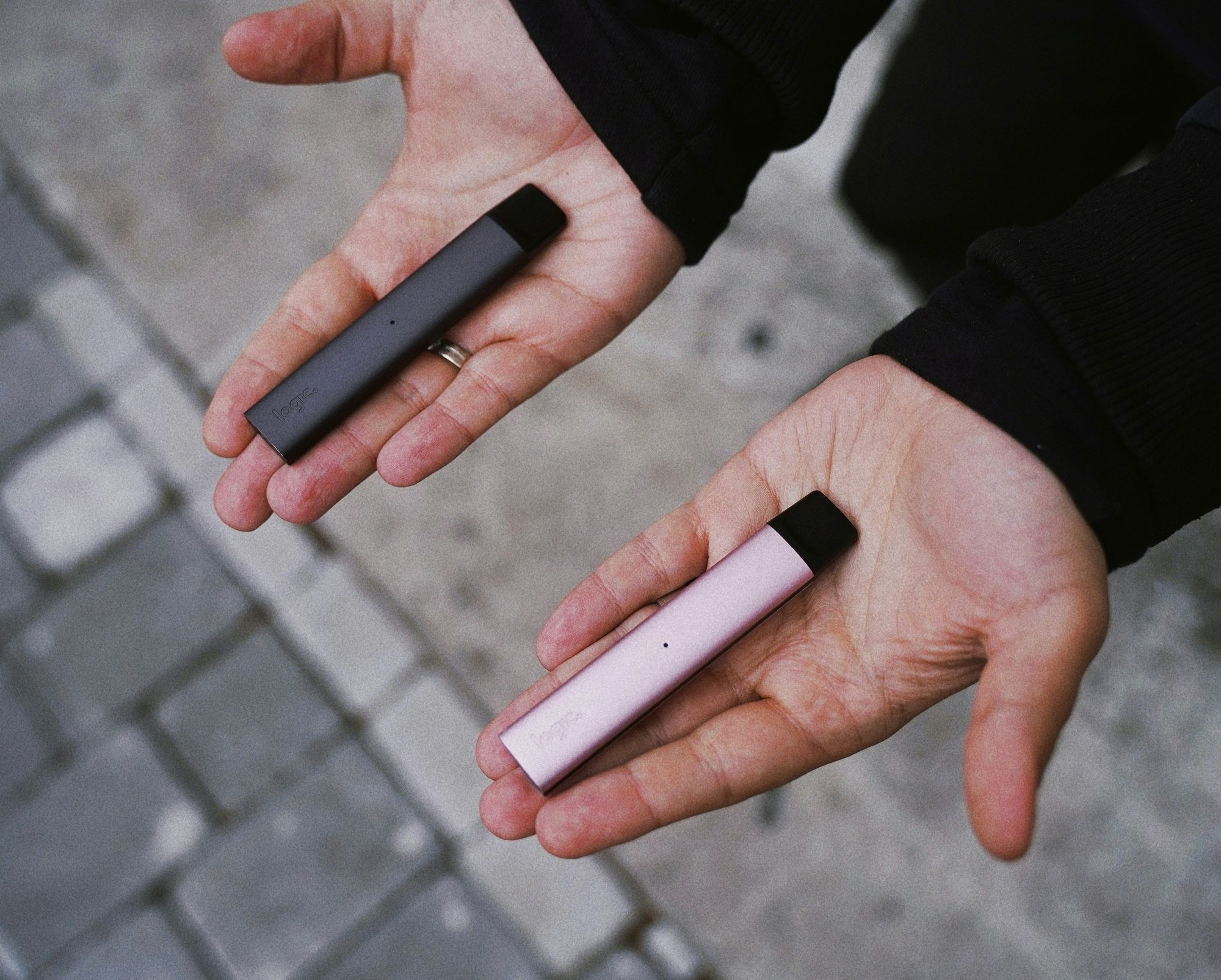Germany tightens regulations on E-waste disposal: Implications for the cannabis vape industry
In response to the proliferation of e-cigarettes and similar products and the electronic waste they generate, the German government has introduced new legislation aimed at improving the disposal process for electronic waste, including disposable cigarettes.

As the popularity of disposable e-cigarettes continues to grow, so does the environmental impact of improperly discarded devices. Over the past decade, the number of electronic devices in circulation in Germany has nearly doubled, from approximately 1.6 million tonnes in 2013 to over 3 million tonnes in 2021.
As the volume of e-waste increases, so does the challenge of managing it safely and sustainably. Currently, Germany's e-waste recycling infrastructure is struggling to keep up with the rapid growth in discarded devices.

The expansion of e-cigarettes and similar products has contributed significantly to the rise in small electronic waste. In response, the German government has introduced new legislation aimed at improving the disposal process for electronic waste, including single-use vapes.
The amendment to the Electrical and Electronic Equipment Act, recently approved by the federal cabinet, aims to make it easier for consumers to return used electronic devices, including e-cigarettes, at the point of sale. The goal is not only to improve disposal practices but also to raise consumer awareness about the environmental impact of these products.

New rules for vape disposal
Under the proposed legislation, consumers will be able to return used e-cigarettes and other electronic waste to any sales point where such products are sold, such as kiosks and gas stations. Importantly, customers will not be required to purchase a new device to be eligible for the return. This measure is intended to curb the improper disposal of electronic waste, which often ends up in household trash or polluting the environment.

The law also mandates that all stores selling electronic devices must prominently display information about collection points for old devices. Additionally, shelves must feature the crossed-out wheeled bin symbol, indicating that the products should be disposed of separately from general waste once they reach the end of their lifecycle.

The lithium battery problem
The proposed changes go beyond just e-cigarettes and other small electronics; they also aim to tackle a significant safety issue associated with the disposal of lithium batteries, which are commonly found in vapes. Improperly disposed lithium batteries pose a serious fire risk. According to the Federal Association of the German Waste Management Industry (Bundesverband der Deutschen Entsorgungs-, Wasser- und Kreislaufwirtschaft-BDE), there are up to 30 fires a day in recycling plants, sorting facilities and waste collection vehicles in Germany, for which lithium batteries are often responsible.
To address this, the new law will restrict the collection of lithium batteries to trained staff at recycling centres. Consumers will no longer be permitted to dispose of these batteries themselves; instead, they will need to hand them over to specialised personnel who can safely manage the process.

While the legislation aims to improve e-waste management, it has drawn criticism from various quarters. Environmental groups, such as Deutsche Umwelthilfe, have argued that stricter disposal rules are not enough and are advocating for a complete ban on single-use e-cigarettes, citing the environmental harm caused by disposable products. They contend that the measures fall short of addressing the root of the problem: the sheer volume of electronic devices being produced and discarded.
Meanwhile, the Digital Association Bitkom has called for broader, EU-wide regulations to ensure consistency and higher return rates for e-waste. Bitkom argues that without harmonised standards across Europe, individual countries' efforts may be insufficient to tackle the rising tide of discarded electronics.

What it means for vape retailers and consumers
For retailers in the vape industry, including those selling CCELL products, the new regulations present both challenges and opportunities. On one hand, the obligation to accept used vapes at the point of sale could add logistical burdens, requiring adequate storage and training for staff handling returns. However, this could also be seen as an opportunity for retailers to differentiate themselves by promoting responsible disposal practices and enhancing their commitment to sustainability.

The changes could also influence the market's shift towards more sustainable vape products, such as refillable vapes or devices with replaceable batteries. As consumer awareness about e-waste grows, there may be increased demand for products designed with environmental sustainability in mind.

Conclusion
The proposed legislation still needs to be debated in the Bundestag, and further amendments may arise as the discussions unfold. If the law is passed, Germany could see a significant shift in how electronic waste, including e-cigarettes, is managed. The hope is that by making e-waste disposal more accessible and standardised, the country can reduce the environmental impact of discarded devices and mitigate the fire risks associated with improperly disposed lithium batteries.
Ultimately, the legislation is a step forward in tackling the problem of e-waste, but its success will depend on public compliance and industry participation. The ongoing debate between environmental groups, industry representatives and policy makers emphasises the complexity of balancing consumer convenience, environmental protection and market realities in the evolving landscape of electronic products.


